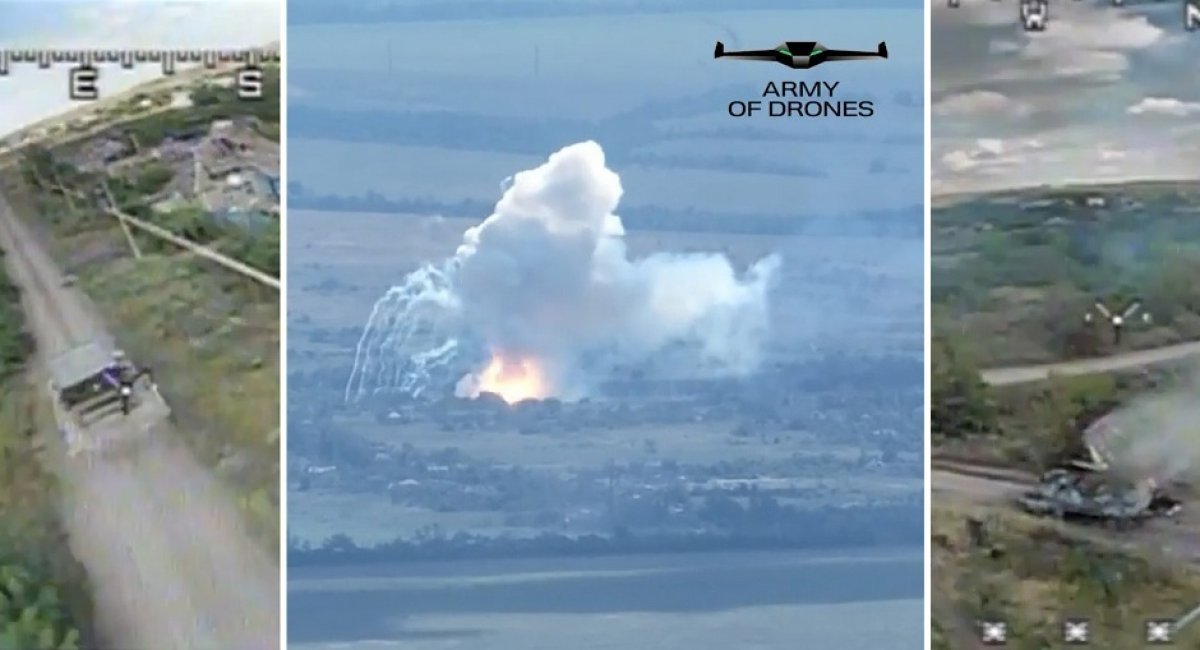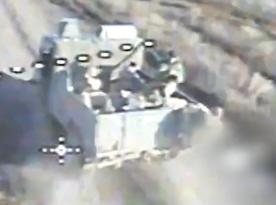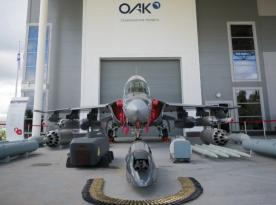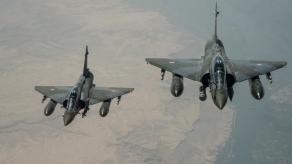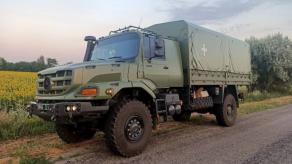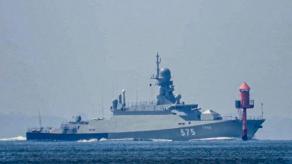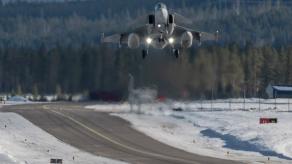The threat posed by thermobaric weapons is well known to the russian invaders of Ukraine, so they try to use them as much as they can. But the Armed Forces of Ukraine are aware of it, too, and prepare countermeasures to destroy such weapons.
However, there is a major flaw to the thermobaric systems: they have a short attack range. The TOS-1A Solntsepyok "heavy flamethrower system" can fire its rockets only up to 6 km (3.7 miles) distance, some sources claim up to 10 km. The launcher carries a laser rangefinder to calculate the angle of attack.
Read more: Ukraine’s SOF Operators Eliminate russian Military, Take Captives in the Southern Direction (Video)
In the video above we can see one of the methods to capitalize on that flaw. Having detected a TOS-1A moving in the countryside near the line of contact, special forces of the Security Service of Ukraine deployed a rather short-range aerial drone with a primitive explosive charge.
Such a simple weapon might be not enough to take an armored vehicle down but worked well against an almost unprotected thermobaric rocket launcher. Especially since the russian weapon system was hit in the fully loaded rocket pack.
Subsequently, the munitions started to cook off randomly, and the system itself was destroyed.
The video was published by the Army of Drones project press service. As noted, the first-person-view (FPV) drone used by the Ukrainian forces is called Pegasus, a classic quadcopter that meets the primary requirement of any FPV drone – be cheap and easily mass-produced.
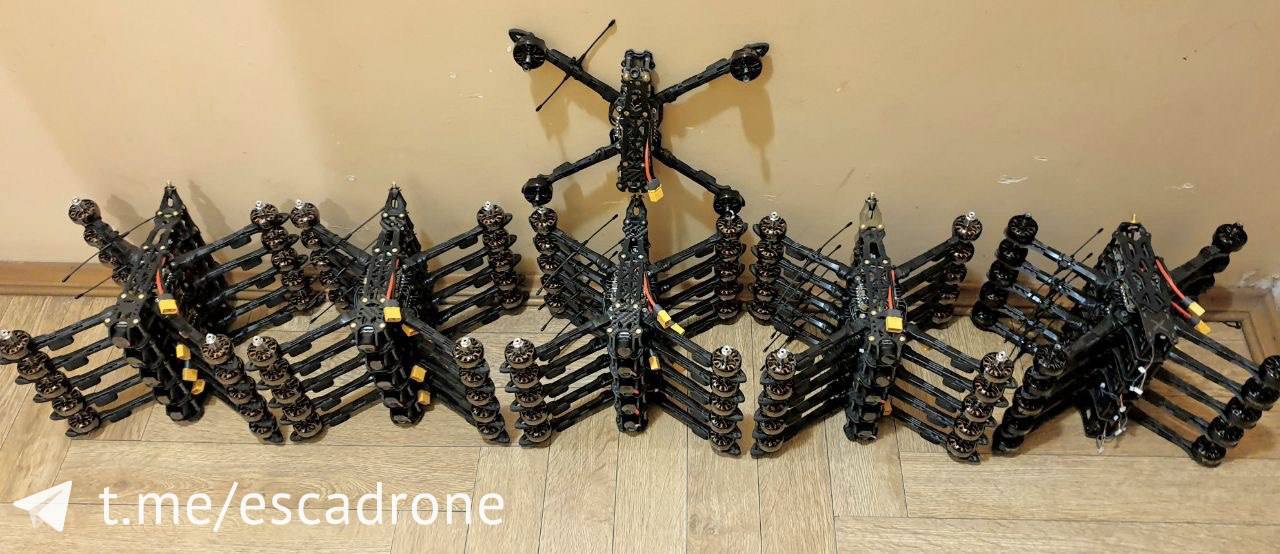
On the other hand, it takes a lot of effort and skill to pilot this weapon because the UAV operator has to manually control the unstabilized flight, sometimes making decisions and critical adjustments at the very last second.
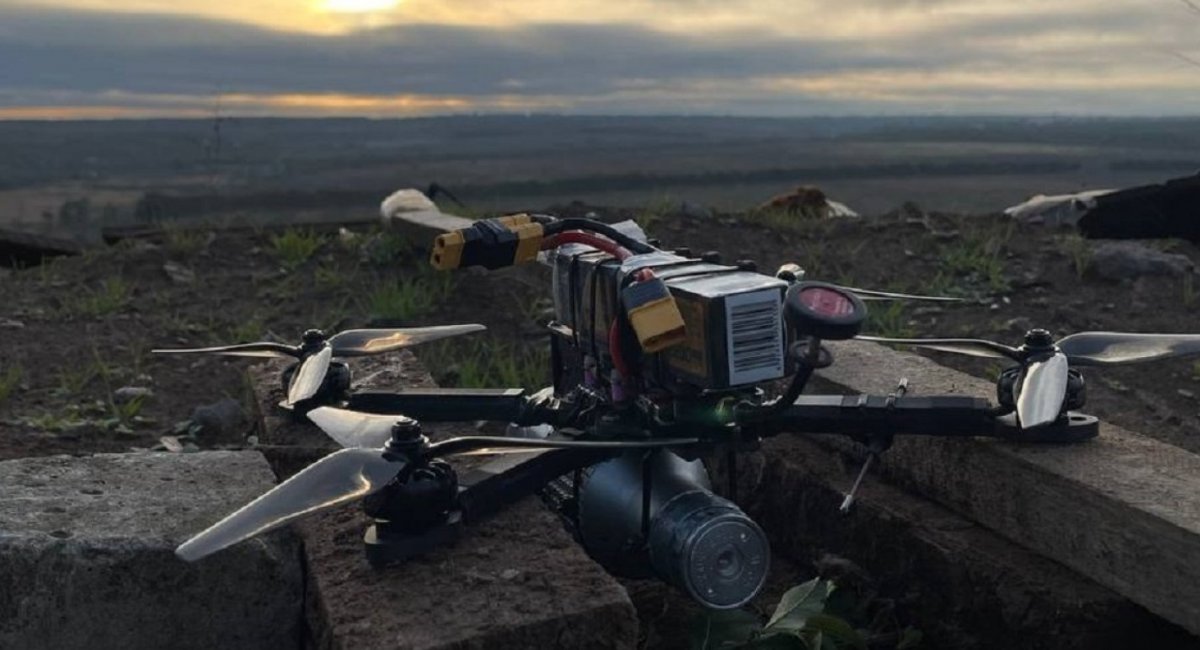
Not to mention the quality of the internet connection on the front line: the latency can suddenly jump high at any moment, and dealing with the wind. Find more about the challenges of being an FPV operator in our articles:
- FPV Drone Controle: Exploring Effectiveness and Risks in Military Operations in Ukraine
- FPV Drone vs. Switchblade: Is It the Same Thing and What's the Difference
Read more: Mass Production of FPV-Drones is Apparently Takes Place in russia, and It's a Bad Sign




